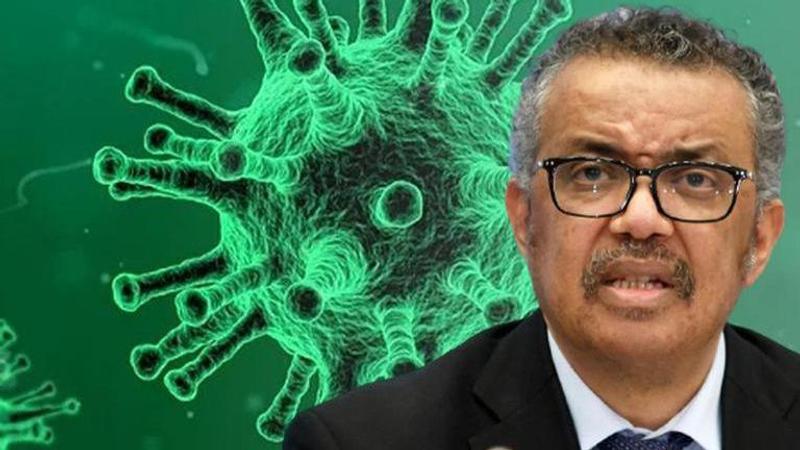Published 08:44 IST, February 2nd 2022
WHO warns against beta coronaviruses, stresses on importance of vaccines to 'save lives'
WHO held consultation on COVID vaccines research, and on future need for vaccines that are effective across a broad spectrum of coronaviruses.

As the Wuhan scientists raised an alarm that NeoCov, a type of coronavirus that spreads among bats in South Africa, was just one mutation away from jumping on to humans, the World Health Organization (WHO) on Tuesday said that there’s a reservoir of beta coronaviruses and the new crossovers to humans can likely occur in the future. “If we prepare now, the time required for large-scale vaccine manufacture will be reduced and lives will be saved,” the global health body’s Chief Dr. Tedros Adhanom Ghebreyesus said during his remarks on Tuesday.
“We continue to engage with scientists from the public and private sectors to exchange the latest information and guide the future development of new vaccines” said Dr Tedros.
WHO focused on research of future vaccines
In a paper published last week, Wuhan researchers revealed that the NeoCoV virus is the closest relative to Middle East respiratory syndrome causing MERS-CoV that can infect humans, bats, and camels. NeoCov, first identified in South African bats in 2011 can cause concern among the human population in the near future, said the Wuhan scientists. While this category of the coronavirus can penetrate human cells using the ACE2 receptor, the way SARS-CoV does, it is currently unable to do so efficiently.
But in a scenario where it was to mutate and infect the human populations, it could cause the respiratory disease “COVID-22” and will be labelled as “MERS-CoV-2.” Its symptoms will be “3 times more lethal” compared to the deadliest mutation of the SARS-CoV-2, which has been Delta. “COVID-22 would kill 17 million people, compared to COVID-19, which has killed 5.67 million,” the Thai Public Health Commission’s Vice Chairman Chalermchai Boonyaleephan warned after reading the Wuhan report on the preprint site bioRxiv.
WHO also emphasised some of the tropical diseases that it said affect the poorest and most marginalised communities and pandemics such as COVID-19 make them worse. The health body has eliminated Guinea worm disease, of which, only 14 cases are reported in four countries. WHO is also currently tracking four sub-lineages of the Omicron variant of concern, including BA.2, Dr. Tedros informed, adding that the virus will continue to evolve. Last week, WHO had held a global consultation on COVID vaccines research, and on the future need for vaccines that are effective across a broad spectrum of coronaviruses, the chief of the global health body informed.
Updated 08:44 IST, February 2nd 2022




